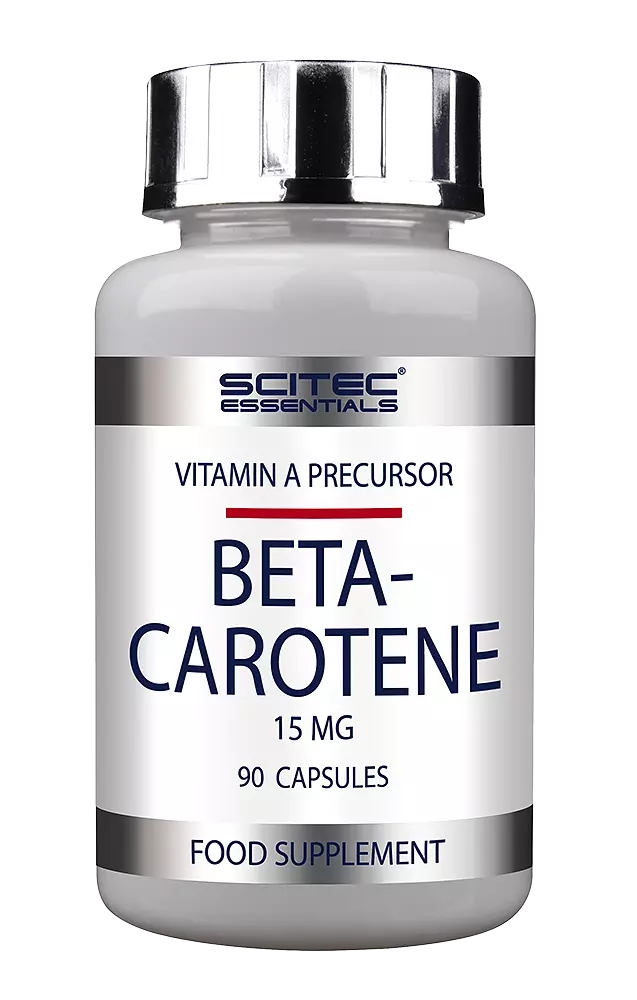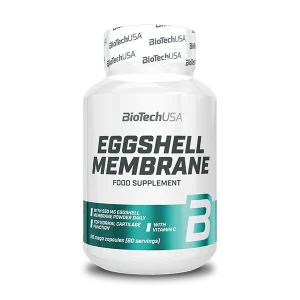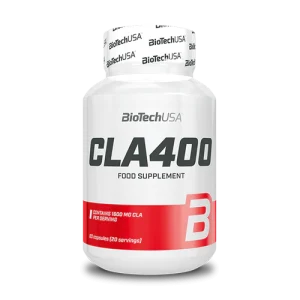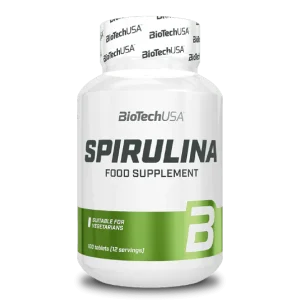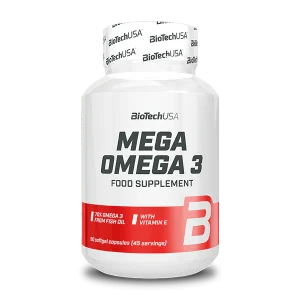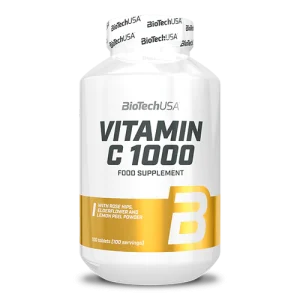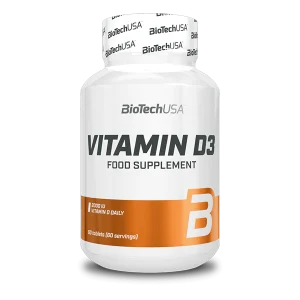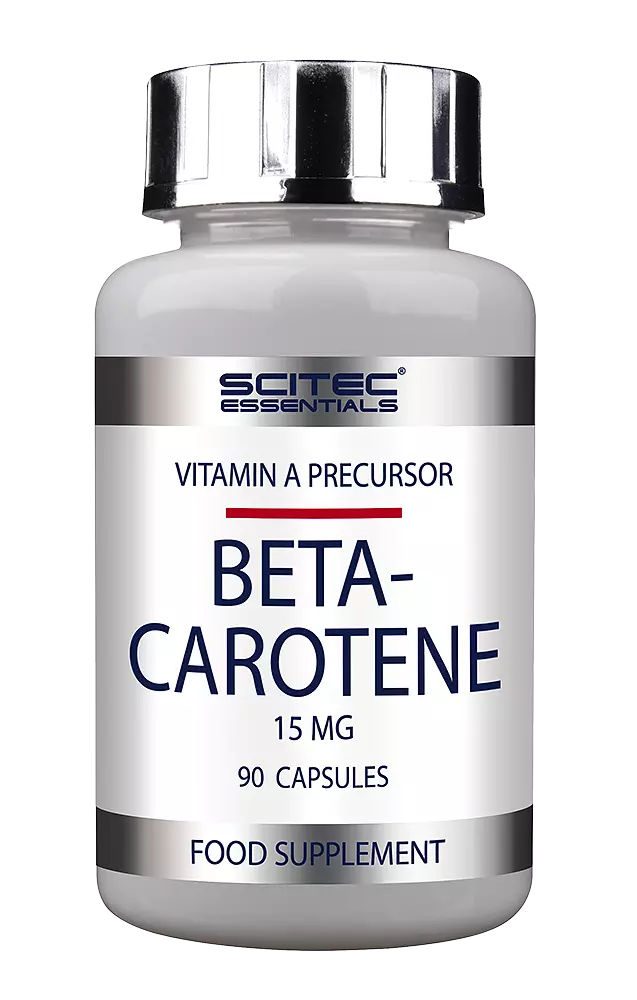
Scitec Nutrition
Scitec Nutrition is a European company that specializes in the development and manufacturing of sports nutrition supplements. Here are some general points about Scitec Nutrition:
- Company Background:
- Scitec Nutrition is a Hungarian company that was founded in 1996. It has since become one of the leading brands in the sports nutrition industry.
- Product Range:
- Scitec Nutrition offers a wide range of sports supplements, including protein powders, pre-workout formulas, amino acids, weight gainers, vitamins, and other nutritional products. Their products are designed to support various fitness goals, such as muscle building, recovery, and overall performance enhancement.
- Quality Control:
- The company emphasizes the importance of quality control and uses advanced manufacturing processes to ensure the purity and effectiveness of their products. They often highlight the use of high-quality ingredients in their formulations.
- International Presence:
- While based in Hungary, Scitec Nutrition has a global presence, distributing its products to numerous countries. It is known for having a strong presence in the European sports nutrition market.
- Customer Reviews and Reputation:
- Like any company, Scitec Nutrition’s reputation can be assessed through customer reviews and feedback. Positive reviews often highlight the effectiveness of their products, while negative reviews may address issues such as taste preferences or individual reactions.
It is recommended to check Scitec Nutrition official website or contact them directly for the most current and detailed information about their products.
What Is a Vitamin?
Vitamins are organic compounds that are essential for the normal functioning of the human body. These are micronutrients, meaning they are required by the body in relatively small amounts but are crucial for various physiological processes. Unlike macronutrients (such as carbohydrates, proteins, and fats), the body cannot produce vitamins in sufficient quantities, so they must be obtained through the diet.
Vitamins play a vital role in a wide range of biological functions, including metabolism, immune system function, and maintaining the health of tissues and organs. Each vitamin has specific functions, and a deficiency or excess of any particular vitamin can lead to various health issues.
There are two main types of vitamins:
- Fat-Soluble Vitamins: These vitamins dissolve in fat and are stored in the body’s fatty tissues. They include:
- Water-Soluble Vitamins: These vitamins dissolve in water and are not stored in the body to the same extent as fat-soluble vitamins. They include:
- Vitamin C (ascorbic acid)
- B-vitamins (B1, B2, B3, B5, B6, B7, B9, B12)
It’s important to maintain a balanced diet that includes a variety of foods to ensure an adequate intake of vitamins. While vitamin supplements can be beneficial in cases of deficiencies or certain health conditions, they should be used under the guidance of healthcare professionals, as excessive intake of certain vitamins can lead to toxicity.
Advantages and Disadvantages of Taking Beta Carotene
Advantages of Taking Beta-Carotene:
- Vitamin A Synthesis:
- Beta-carotene is a precursor to vitamin A, an essential nutrient for various bodily functions, including vision, immune system health, and skin maintenance.
- Antioxidant Properties:
- Beta-carotene functions as an antioxidant, helping to neutralize free radicals that can cause oxidative stress and damage to cells. Antioxidants play a role in overall health and may contribute to disease prevention.
- Immune System Support:
- Adequate levels of vitamin A, derived from beta-carotene, are important for a properly functioning immune system. It helps maintain the integrity of mucosal surfaces, providing a barrier against infections.
- Eye Health:
- Beta-carotene is known for its role in supporting eye health. It contributes to the synthesis of rhodopsin, a pigment in the retina that is crucial for low-light vision.
- Skin Health:
- Beta-carotene is thought to contribute to healthy skin by supporting cell turnover and repair. Some people use beta-carotene supplements or consume foods rich in beta-carotene for potential skin benefits.
Disadvantages of Taking Beta-Carotene:
- Conversion Variability:
- The conversion of beta-carotene to active vitamin A (retinol) varies among individuals. Factors such as genetics, dietary fat intake, and overall health can influence this conversion, making it challenging to predict how much vitamin A the body will ultimately receive.
- Excess Intake and Skin Discoloration:
- While beta-carotene itself is not toxic, excessive intake from supplements can lead to a condition known as carotenodermia, which causes the skin to turn yellow or orange. This discoloration is generally harmless and reversible but can be disconcerting.
- Interaction with Smoking:
- Some studies suggest that beta-carotene supplements may increase the risk of lung cancer in smokers. Therefore, smokers are often advised against taking beta-carotene supplements.
- Limited Evidence for Disease Prevention:
- Although beta-carotene is associated with potential health benefits, the evidence regarding its role in preventing certain diseases is not always clear. Some studies have not shown consistent benefits, and more research is needed to establish causal relationships.
- Digestive Absorption Issues:
- The absorption of beta-carotene from the digestive system may be influenced by factors such as the presence of dietary fat and certain digestive disorders. Individuals with conditions affecting fat absorption may have difficulty absorbing beta-carotene efficiently.
As with any supplement, it’s essential to consult with a healthcare professional before taking beta-carotene, especially in high doses or as part of a long-term supplementation regimen. A balanced and varied diet that includes foods rich in beta-carotene is generally a safer way to ensure adequate intake.
Ingredients
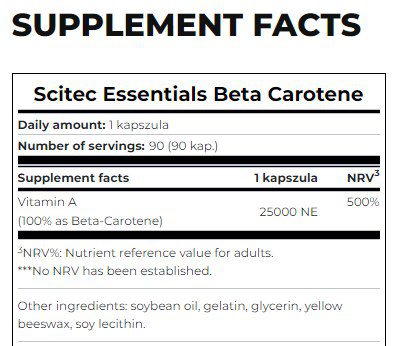
Vitamin A a.k.a Retinol
Vitamin A is a fat-soluble vitamin essential for various physiological functions in the human body. It plays a crucial role in maintaining healthy vision, promoting immune system function, and supporting cell growth and differentiation.
There are two forms of vitamin A: retinoids, found in animal products, and carotenoids, present in fruits and vegetables. Retinol, an active form of vitamin A, is vital for vision, while carotenoids like beta-carotene act as precursors that the body can convert into active vitamin A.
Adequate vitamin A intake is crucial for preventing night blindness, supporting skin health, and bolstering the immune response. However, excessive intake can lead to toxicity, making it important to obtain the recommended daily allowance through a balanced diet rich in both animal and plant sources.
For more detailed information on Vitamin A a.k.a Retinol, please click here.
Vitamin A a.k.a Beta Carotene
Beta-carotene is a red-orange pigment found in various fruits and vegetables, functioning as a precursor to vitamin A. As a provitamin A carotenoid, the body converts beta-carotene into essential vitamin A, vital for vision, immune system health, and skin maintenance. Beta-carotene acts as a potent antioxidant, neutralizing free radicals to prevent oxidative stress and cellular damage. It plays a crucial role in supporting eye health, contributing to the synthesis of rhodopsin in the retina.
While beta-carotene supplementation is commonly used for potential benefits in skin health and disease prevention, excessive intake can lead to harmless skin discoloration. The conversion of beta-carotene to vitamin A varies among individuals, and its effectiveness in disease prevention requires further research.
Overall, a balanced diet rich in beta-carotene-containing foods provides a safer means to ensure adequate intake and associated health benefits.
For more detailed information on Vitamin A a.k.a Beta Carotene, please click here.
Available Forms
Beta Carotene by Scitec Nutrition is available in one size only: a small bottle with 90capsules/90 servings.
